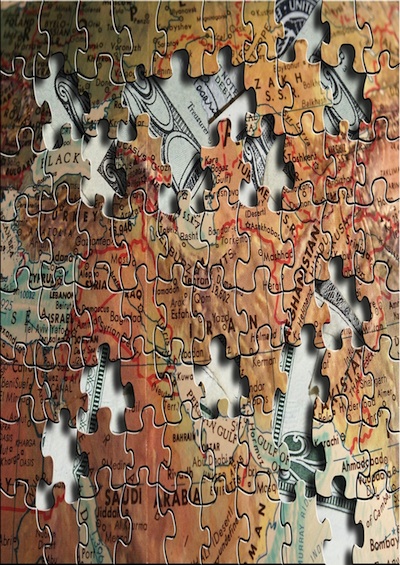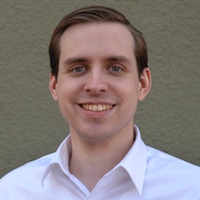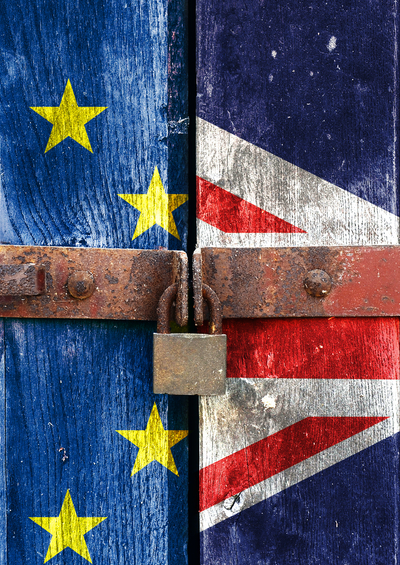Reform Islam Vs. the Billionaire Barons
Islam isn’t inherently backward – it’s being held back by powerful donors.
October 4, 2014

Islam is naturally decentralized. Rarely if ever in its history – and certainly not recently – has there been a pope-like figure setting the official interpretations of holy text or overall direction of the faith. There are multiple overarching schools of interpretation within Sunni Islam alone, dating to the 8th century.
Adherence to competing doctrines, even legal decisions on Sharia law, is essentially voluntary (unless backed by a state). Want a reformed Islam? Join a reform-minded mosque following a reform-minded leader. Want a fire-breathing, antiquated, violent Islam? You can find that too.
There is no uniformity in the Muslim world
This internal fragmentation, present since the beginning, makes it hard to paint accurately with a broad brush or even correctly assess trends across the rather nebulous area the West has dubbed “the Muslim world.” Often, the Western analysis seems to read a uniformity that isn’t there.
From a religious standpoint, the internal debate right now is probably even more complicated and tenuous than Thirty Years’ War Germany. At least in the latter, all the German princes could pretty much pick between two options: following the Pope or following the general precepts of Martin Luther’s Protestantism. Sunni Islam alone has a handful of diverging schools of thought, further splintered by the separate followings of various popular current scholars.
Unfortunately the loudest and perhaps best-organized sub-segment of the sect recently seems to be the engine driving extremist groups all over the world. But even that analysis misdiagnoses and misattributes a centralization that is not really there, beyond a superficial level.
The emerging global networks of fundamentalist Sunni Islamic terrorism of the past 5, 15 and 25 years are linked in practice only because they have voluntarily associated with each other and with a specific brand of the religion.
The networks have co-opted or completely supplanted decades-old movements in places as diverse as Mali or Philippines, which had aimed to address local poverty and institutional inequalities (or obtain independence).
This voluntary association between groups, in countries from West Africa to Southeast Asia, has only been made possible by atypically centralized funding sources that provide seed money and setup advice for local franchises before they are able to become financially self-sustaining.
Funders, not preachers are the engines of extremist movements
Most of the franchises have not been able to reach self-sufficiency and continue only by the grace of the startup funders. The rest generally continue to receive advice from the funding sources and remain associated with the other groups for brand value and the attention that comes with it.
These funders — not preachers — are the ones who really shape existing local grievances and separatist movements into a globalized, semi-unified ideology. Without them, the decentralization inherent to Islam would continue to reign.
The efforts to create a caliphate spanning the globe aren’t springing up from the grassroots of abandoned and impoverished desert populations. Rather it springs fully formed from the men bearing suitcases of cash and ideological directives on what must be done and said to keep it coming.
This money is coming from fundraisers in Qatar and Kuwait and donors in those countries, as well as in Saudi Arabia, Bahrain and beyond. If those donor networks were broken and permanently dismantled, it would break apart the emerging coalition of co-associating local movements subscribing to a hardline, Islamic globalism.
Little has been done to go after financial networks
Yet very little has been done by the leaders and partners of the so-called War on Terror to crack down on these ideological-via-financials networks and their backers, most of whom live in countries purporting officially to be a part of this War on Terror.
We know who they are, and we understand the damage they are causing, and yet nothing changes. This is essentially as true today as it was in September 2001.
True, there is no “Muslim Pope” who can command a unified reformation of Islam, or even one of its major sects. But there are already plenty of Muslim scholars, Sunni Imams and other interpreters of holy text and Islamic law who are quite progressive and forward thinking. In their quiet way, they have obtained the support of the vast majority of the faithful – those who have opposed the extremist acts supposedly committed in their names.
Take for example, the recently elevated Emir of Kano — one of the most significant semi-religious offices in Nigeria’s predominantly Muslim north. Muhammad Sanusi II, formerly Sanusi Lamido Sanusi, used to be Governor of the Central Bank of Nigeria.
In stark contrast with groups like Boko Haram, Sanusi supports education for girls, ending child marriage, protecting women’s rights, investment attraction for the north, a “Marshall Plan” for agricultural upgrades and more. Moreover, he believes all of this is based in – and required by – his religion.
Where are the reform-minded Muslim leaders?
Thus, it is not that modern and reform-minded Muslim leaders do not exist, but rather that they and their voluntary followers lack the reach and resources of the billionaire barons of bombings who supply arms, cash and teachings to disenfranchised and desperate young men from ocean to ocean.
The Qatari, Kuwaiti and Saudi terror kingpins have created their own reverse-reform movement, aimed at dragging Muslim populations and the entire world back to the dark. They have done almost purely through the centralizing force of money, overcoming the natural tendencies of the diverse billion Sunni Muslims of the world.
Investing in the goals and ideals of pro-reform networks would do a great deal to promote a centralized movement to continue moving into the future.
We often are reminded that when Western Europe was at its darkest point, some 1000 plus years ago, scholars and scientists in the heart of the Muslim communities kept Western learning alive and moving forward.
But it’s worth remembering, too, that many of the countries or regions with Muslim populations now being threatened by regressive movements were often societies on the cutting edge of modernity as recently as half a century ago, even after their colonial struggles ended.
There are many factors for the problems since decolonization – indeed many of the failures were as secular in origin as those in sub-Saharan Africa. But the financing networks influencing and spreading religious radicalism – more than any backwardness allegedly inherent to a faith – are a big key to why those countries continue to be held back and seized by violence.
Takeaways
The efforts to create a caliphate spanning the globe aren't springing up from grassroots populations.
Funders - not preachers - are the ones who really shape existing Islamic fundamentalist movements.
If donor networks were permanently dismantled, it would break apart the emerging coalition of Islamic groups.

